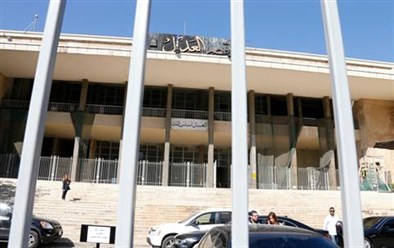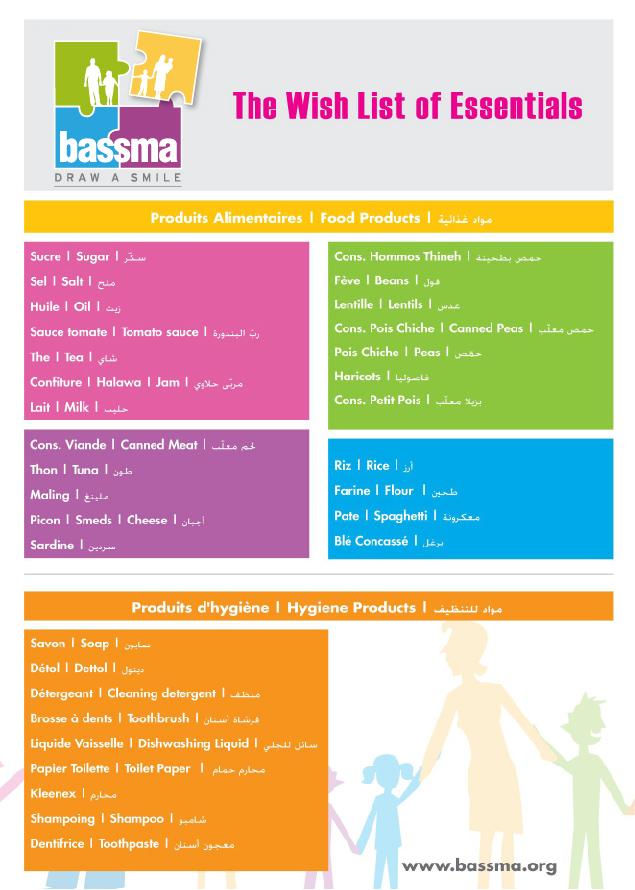Source: http://www.dailystar.com.lb
Author: Dana Khraiche
BEIRUT: Teary-eyed and terrified, four young girls and boys arrested on charges of drug use sip their juice boxes in the run-down Hobeish police station in Hamra, waiting for their turn to take a drug test.
These four are fortunate; the new prosecutor handling their case will likely release them on bail with mandatory weekly drug tests. Others who were detained for the same crime last year are still fighting the justice system over their minor offense.
Many lawyers and legal experts argue that the justice system is unfairly treating many young Lebanese, caught possessing drugs, with harsh sentences that often overlook rehabilitation. In the absence of laws that seek to help rather than merely punish offenders, many end up with a criminal record on top of an addiction, especially after spending time in RoumiehPrison.
In the past few years, a number of judges and social activists have adopted certain measures to change this reality.
Elie was only 18 when he was arrested in the Beirut suburb of Dikwaneh. The police were in the midst of arresting a major drug dealer, a Jordanian national, in an apartment complex in the Metn area at the time.
The college freshman was heading to the dealer’s flat when police spotted him and upon searching his pockets discovered a bag containing ecstasy.
“I used to take drugs, yes. But I was not a dealer and that’s what I told them [the police] several times when they were handcuffing me,” Elie said.
“One of my friends called me when I was in the police car, asking me to get him some and so they immediately thought I was a dealer,” Elie said, shaking his head, recalling how that moment changed his life completely.
In Hobeish, where the anti-drug division is located, Elie repeatedly told interrogators that he was not a dealer, but an addict who needed help. Instead of rehabilitation, Elie spent three years in Roumieh Prison waiting for his trial date. The prosecutor for Mount Lebanon eventually sentenced him to five years behind bars.
“The judge didn’t even take into account that I was young, in college with good grades, that my mother had passed away months before my addiction began, that my father and brother were absent or the fact that police found nothing when they searched my house,” he said.
“I was just a kid when they threw me into prison ... I used to think that the best years of my life were passing me by,” said Elie, who turned 24 weeks after his release in 2011.
Click here to read the full article














